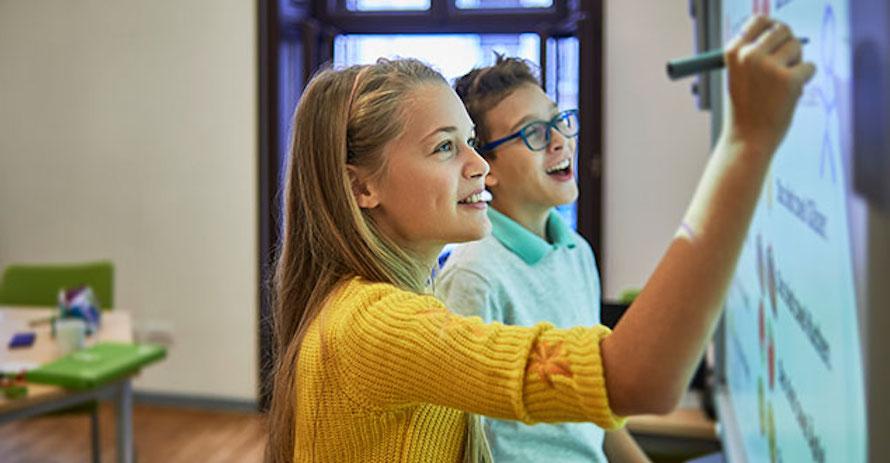
We are at the start of the WP3, the work-package which is at the core of our project: we are beginning to create the KIDS4ALLL-Learning environment!
In October all partners have been busy interviewing teachers, educators, representatives of relevant ministries and many scientists in their own country: their knowledge, perspective and experience allow us not to forget any of that myriad of aspects we need to consider.
We want the KIDS4ALLL learning environment to be attractive, sustainable, usable in different contexts and by different people. Furthermore, it should be a space which fosters cohesive processes among peers, i.e. inspiring and orienting the emergence of buddy-systems.
A key-competence which we aim to strengthen is therefore intercultural dialogic competence (Conti 2020), that is –in short– the ability to open up to newness and otherness with curiosity and respect, supporting the emergence of power-balanced and empowering interactions.
This competence is not just useful for children and teenagers, citizens of a fast-changing, complex and heterogeneous society, or for teachers and educators, responsible for spreading an inclusive, dialogic culture, but also for ourselves as research team as we are constantly experiencing the need for further formation on this competence!
Organised in buddy-systems we are starting to work collaboratively for the construction of the learning environment. The better we feel in the big team as well as in our international and interdisciplinary buddy-system, the better our outputs will be!
We have already started to experiment methods which will flow –if satisfactory– into the KIDS4ALLL learning environment. One of them is the SHARMED-method, developed and tested in another EU action research project (SHARed MEmories and Dialogues): we used it in our last partner meeting in order to get to know each other in a very original and personal way –through showing private pictures and telling the related memories–, fostering trust and a feeling of closeness despite virtuality and beyond prejudices. That has been a big success, so we know already –and so do you now– which is one of the numerous inspiring resources we will share in the KIDS4ALLL learning environment!
